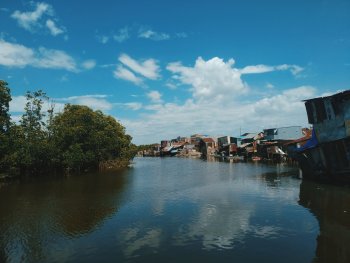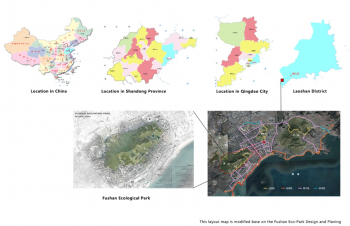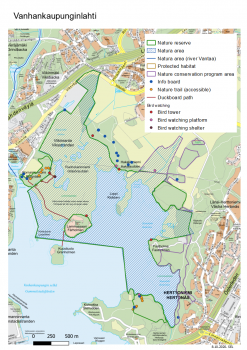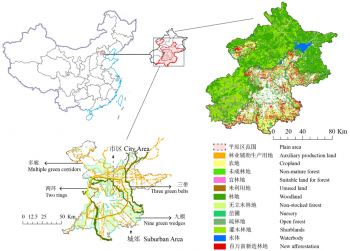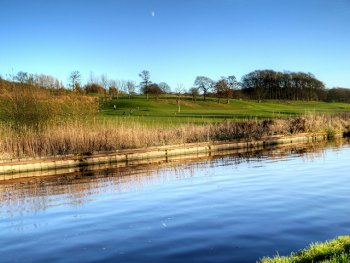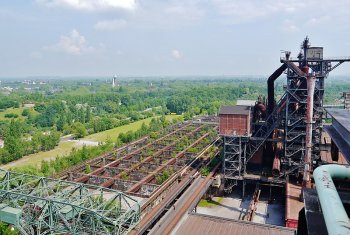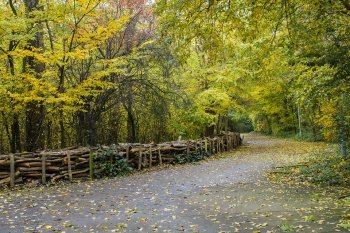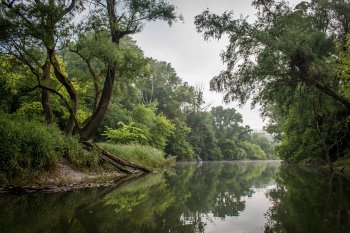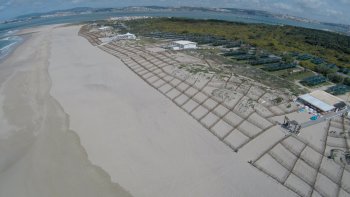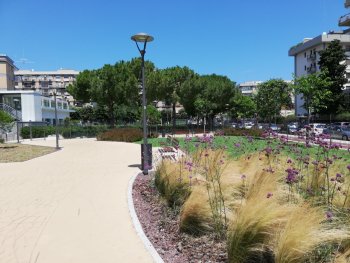The Danube-Auen National Park in Vienna aims to multiple ecosystem services combine with trees with regulating services, such as water protection, retention, carbon sequestration, and micro, local, and regional climate regulation.
The National Park fosters an environment providing habitats and biodiversity for animal and plant species to enhance supporting ecosystem functions.
The National Park’s blue and green infrastructure further aims to provide cultural functions by offering open spaces for recreational value, allowing urban dwellers to find aesthetic pleasure, a sense...

